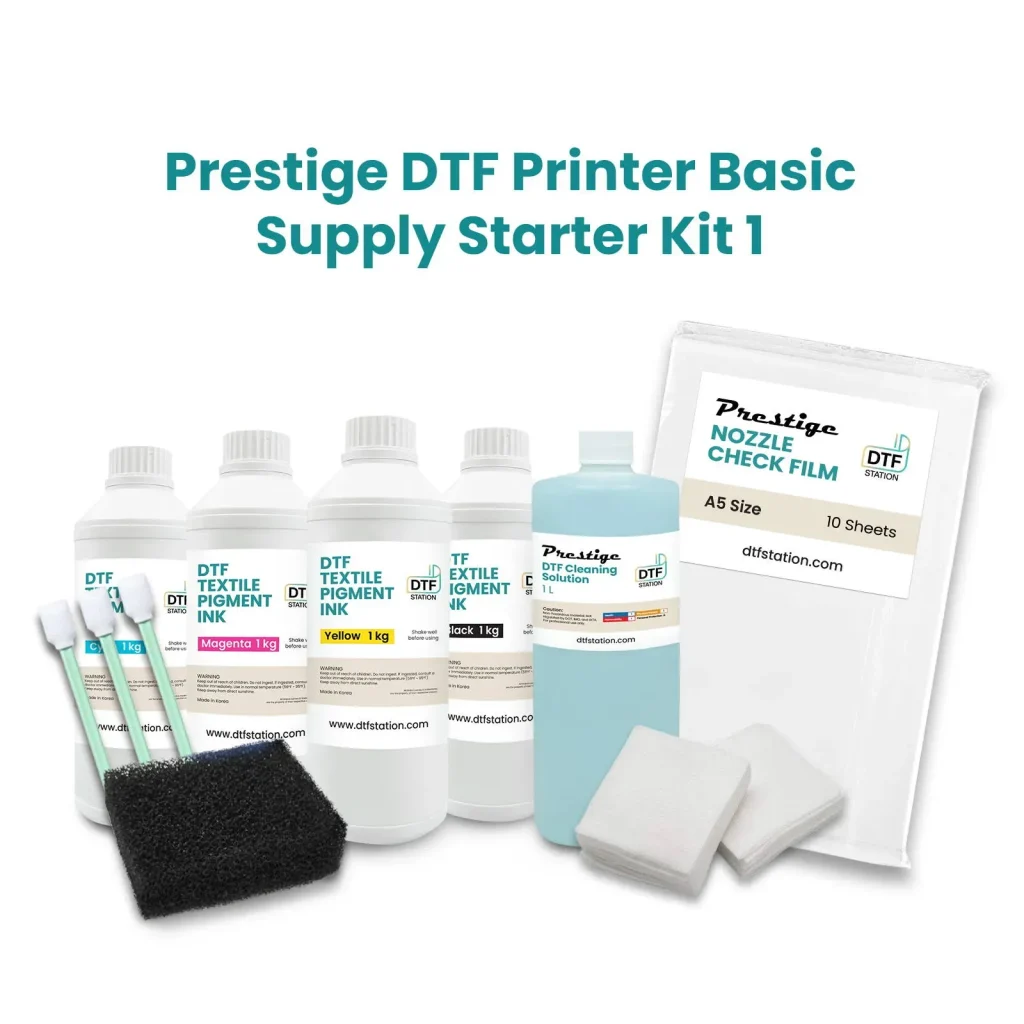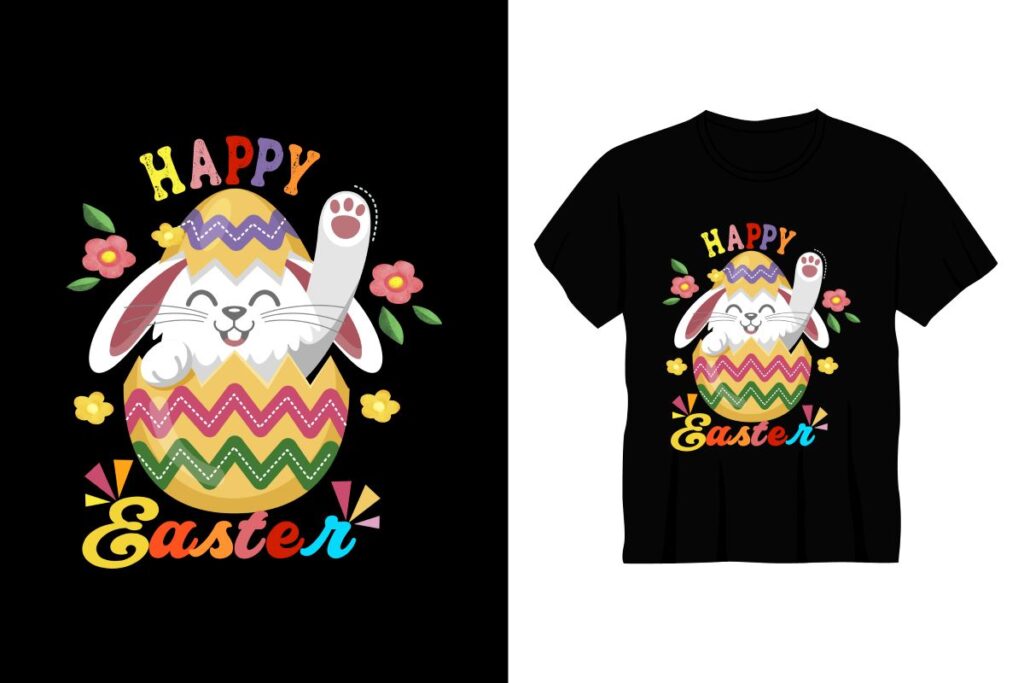DTF supplies are the essential elements needed for anyone looking to delve into the exciting world of Direct to Film (DTF) printing. This innovative method is revolutionizing custom apparel printing by offering vibrant colors and exceptional details, all while remaining budget-friendly. If you’re keen on starting a DTF business or enhancing your crafting skills, understanding the importance of quality DTF inks, reliable DTF printers, and the functionality of a heat press machine is crucial. In this comprehensive guide, we will break down each of these DTF supplies, ensuring you are well-equipped to create stunning designs that stand out in a competitive market. Whether you’re a seasoned professional or a newcomer, the right supplies can greatly influence the quality of your prints and the success of your projects.
Exploring the realm of Direct to Film printing reveals a treasure trove of creative potential through its unique offerings. Known by different names such as film transfer printing, this technique involves utilizing specialized films and inks to create high-definition graphics that are transferred onto various textiles. The key components, including the film, printer, and heat application methods, play a pivotal role in achieving results that are both visually stunning and durable. As the custom clothing market continues to grow, so too does the demand for high-quality materials that facilitate this type of innovative printing. Embracing these concepts will ensure that you’re not only keeping pace with industry trends but also maximizing your artistic expression.
Essential DTF Supplies for Starting Your Printing Journey
When you embark on the journey of Direct to Film (DTF) printing, it’s vital to equip yourself with the right tools and materials. The core of your setup begins with a DTF printer, which is specifically designed to handle the unique requirements of this printing technique. Models like the Epson L1800 or dedicated DTF printers offer high-quality outputs and performance that can significantly enhance your printing experience. The advantage of using a printer tailored for DTF is its capability to deliver vibrant colors and sharp details that are essential for custom apparel printing.
In addition to the printer, the choice of DTF inks is critical. High-quality inks are formulated to provide excellent adhesion and vibrant colors that last. In recent years, the market has seen a rise in eco-friendly DTF inks, catering to environmentally-conscious consumers. Investing in these inks not only benefits your prints but also attracts customers who value sustainability in their apparel choices. Coupled with a robust printer and high-grade inks, you’ll be well on your way to creating stunning designs for your businesses.
Understanding the DTF Printing Process and Components
To fully grasp the DTF printing process, one must understand its essential components and workflow. Apart from the DTF printer and inks, transfer films play a significant role in achieving the desired print quality. These films are specially coated to ensure that the inks adhere properly, resulting in vibrant and high-resolution transfers during the heat application phase. Recent advancements in transfer film technology have improved the ease of use and quality of transfers, making them a fundamental part of successful DTF printing.
Another crucial component of the DTF printing process is the heat press machine. This equipment ensures that designs are accurately applied to textile materials. When selecting a heat press, look for models that offer precise temperature settings and uniform pressure – features that enhance the overall application process. Up-to-date machines often include digital controls, which simplify the process and allow for more precise printing outcomes. Understanding how each component contributes to the entirety of DTF printing is essential for anyone looking to start their custom apparel printing business.
Why DTF Inks Matter for Quality Custom Apparel
The inks you choose for Direct to Film printing significantly impact the quality of your final product. High-quality DTF inks are crucial as they ensure impressive vibrancy and durability in prints. These specialized inks are designed to bond well with transfer films and textile materials, leading to prints that resist fading over time. Additionally, the move towards eco-friendly DTF inks reflects a growing consumer preference for sustainable options in the fashion industry, making it an important consideration for any printing business.
Moreover, investing in quality DTF inks can help differentiate your custom apparel printing from competitors. In a market where consumers seek unique designs that withstand the test of time, using top-tier inks will enhance your reputation for quality. This aspect of DTF printing is not just about aesthetics; it directly influences customer satisfaction and repeat business, making your choice of DTF inks a pivotal factor in your success.
Key Equipment for Efficient DTF Printing
To streamline your DTF printing operations, ensuring you have the right equipment is essential. A DTF printer is obviously at the forefront, but it’s just one part of a larger ecosystem. Beyond that, a quality heat press machine is indispensable. This equipment is critical for the proper application of transfers to garments. The latest heat press machines come equipped with features such as adjustable temperature controls and pressure settings, providing greater flexibility and control over the printing process.
Additionally, the right design software can significantly improve workflow. Software such as Adobe Illustrator or CorelDRAW, combined with specialized RIP (Raster Image Processing) software, allows you to prepare and optimize designs efficiently. This not only boosts the quality of your prints but also minimizes production time, which is a crucial consideration for businesses looking to scale their operations. Investing in these essential pieces of equipment ensures a smoother and more efficient DTF printing experience.
Choosing the Right Textile Material for DTF Printing
Selecting the appropriate textile material is a vital step in achieving the best results in DTF printing. While cotton and polyester blends are often preferred for their compatibility with the DTF process, experimenting with newer synthetic fabrics can offer even greater advantages. These materials are often designed to work seamlessly with DTF inks and transfer films, providing improved vibrancy and durability in prints.
Exploring different fabric types can also expand your product offerings and appeal to a broader audience. For instance, using performance fabrics for athletic apparel or incorporating unique textures can set your brand apart in a competitive market. As trends in custom apparel continuously evolve, staying informed about fabric innovations will allow you to adapt and thrive in the DTF printing landscape.
Utilizing Innovative Techniques in DTF Printing
The DTF printing landscape is rapidly evolving, with new innovations and techniques emerging that improve workflow and quality. Businesses are increasingly adopting sustainable practices, incorporating eco-friendly DTF inks and materials to cater to the desires of environmentally conscious consumers. These sustainable innovations not only help the environment but also enhance brand image, appealing to a wider customer base seeking responsible fashion practices.
Moreover, technological advancements such as improved transfer films and adhesive powders are making the DTF printing process more efficient. New formulations provide better adhesion and ease of use, reducing the risk of errors during the heat application phase. Staying updated on these innovations will enable you to refine your printing process continuously, ensuring that you maintain a competitive edge in the custom apparel printing market.
Frequently Asked Questions
What are the essential DTF supplies needed for Direct to Film printing?
To start with Direct to Film (DTF) printing, you’ll need a DTF printer, high-quality DTF inks, transfer film, adhesive powder, a heat press machine, design software, and compatible textile materials. Each of these DTF supplies plays a critical role in achieving vibrant and durable prints.
How do I choose the right DTF printer for my custom apparel printing needs?
When selecting a DTF printer, consider models specifically designed for this purpose, like the Epson L1800, which offers exceptional performance. Look for features like print speed, color accuracy, and compatibility with various DTF inks to ensure the best results for your custom apparel printing.
What are DTF inks and why are they important for Direct to Film printing?
DTF inks are specialized, pigmented inks designed for use with DTF printing. They are essential for producing vibrant, long-lasting prints that adhere well to fabrics. Recent trends show a shift towards eco-friendly DTF inks, which not only enhance print quality but also cater to environmentally conscious consumers.
How does a heat press machine impact the quality of DTF printing?
A heat press machine is crucial in DTF printing, as it applies the necessary heat and pressure to bond the printed design to the fabric. Look for a heat press with accurate temperature settings and even pressure distribution to ensure high-quality transfers and durability of your custom apparel.
What innovations in DTF supplies should I be aware of for better printing results?
Recent innovations in DTF supplies include advanced adhesive powders that improve melting properties, eco-friendly DTF inks, and optimized transfer films that enhance print resolution and ease of application. Staying updated with these trends can significantly improve the quality of your DTF printing projects.
Where can I find training resources for using DTF supplies effectively?
There are numerous online platforms offering resources such as webinars, tutorials, and community forums dedicated to DTF printing. These resources provide valuable insights into best practices for using DTF supplies, helping you troubleshoot potential issues and refine your printing techniques.
| Key Supplies Needed for DTF | |
|---|---|
| DTF Printer | The backbone of your printing setup; essential models include Epson L1800 and other dedicated DTF printers. |
| DTF Inks | High-quality, pigmented inks that ensure vibrant and long-lasting prints. Eco-friendly options are also available. |
| Transfer Film | Specially coated films that improve ink adhesion and transfer quality during heat application. |
| Adhesive Powder | Used for adhering ink to fabric; new formulations provide better melting properties. |
| Heat Press | Necessary for applying prints; seek models with accurate temperature settings and even pressure. |
| Design Software | Software like Adobe Illustrator or CorelDRAW is essential for preparing graphics efficiently. |
| Textile Material | Best results are achieved with cotton and polyester blends; synthetic fabrics also show potential. |
Summary
DTF supplies are essential for anyone looking to enter the world of Direct to Film printing. This innovative printing method not only provides vibrant and high-quality results but also adapts to modern needs, such as sustainability and cost-effectiveness. Investing in the right DTF supplies—including dedicated printers, specialized inks, performance-enhancing heat presses, and quality transfer films—will ensure that your custom apparel printing venture stands out in a competitive market. Moreover, keeping up with industry trends and innovations in DTF technology will enhance your business strategy and open up new creative opportunities. In essence, the right combination of DTF supplies and knowledge is the key to crafting stunning apparel designs that resonate with your audience.


